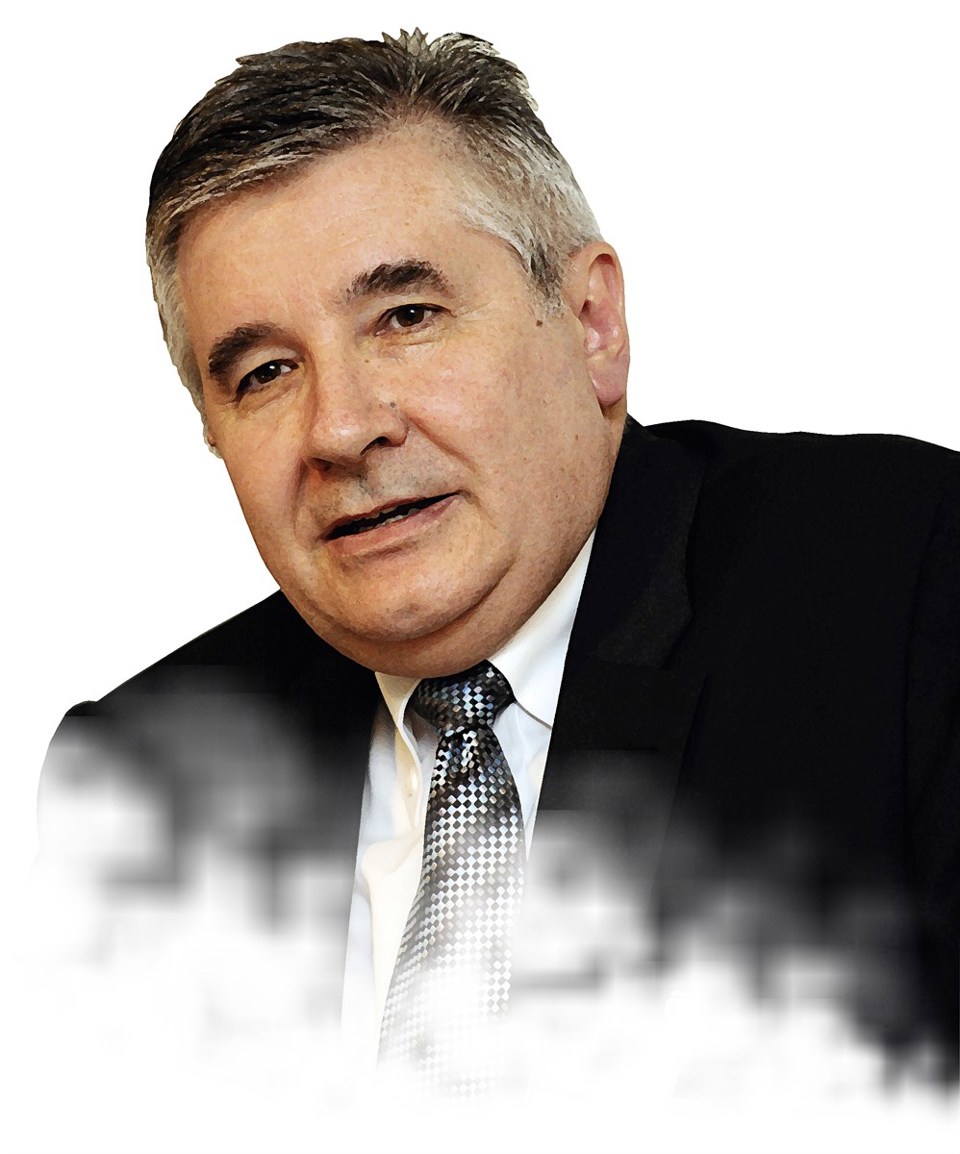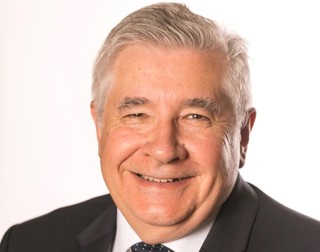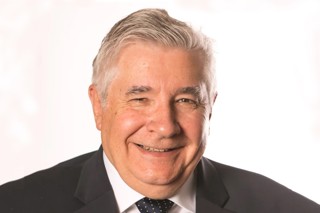In 1948, Robert Merton, one of the fathers of sociology, wrote an academic paper in which he stated: “If men define situations as real, they are real in their consequences.”
The paper coined the term ‘self-fulfilling prophecy’, a situation in which the very act of predicting something causes it to happen.
A simple example is if someone in government announces there is going to be a sugar shortage. Everyone rushes out and buys sugar, causing there to be a shortage. We have seen similar problems over the years with predicted shortfalls in petrol supply – people rush out, fill their tanks and the predicted outcome occurs.
Why is this relevant today? Last month, I entered into a LinkedIn conversation with Daksh Gupta, chief executive of Marshall Motor Group; Nathan Tomlinson, managing director of Devonshire Motors; and Mike Jones, chairman of ASE Global, over a report of a KPMG survey on AM-online, which was headlined ‘Almost half of car dealerships could close by 2025’.
This is obviously a startling headline and undoubtedly had the effect of getting people to read the article. The problem with this type of journalistic provocation brings us back to Robert Merton.
In his paper, he tells the story of a notional financial institution, Last National Bank, which starts the day perfectly liquid. However, due to a false rumour that the bank is facing bankruptcy, its depositors rush to get their savings out in cash, bringing about the very event that the false rumour prophesied.
If men (or women) define the situation as being real, then there are real consequences. If people start to believe that there is a problem in the motor retail sector and that the number of dealers is going to fall by half, this affects the confidence that people have in the sector.
The financial institutions and investors start to view the sector as being vulnerable and potentially high-risk. Share prices start to fall, leading to a further loss of confidence. This would impact on the ability of dealers to raise money and as a result lead to the decline in the number of dealers. The prophecy leads to it becoming true.
In reality, the KPMG survey actually said that 20-50% of dealers could close in the next seven years, but the fact that they could close does not mean that they will.
I’ve seen no evidence from either market trends or the financial state of most of the companies in the retail automotive sector that half of the industry will disappear within seven years.
I am not advocating inflating or overstating our performance, but there is a real danger that by understating our performance we will be sowing the seeds of our own demise.



















John Kinghorn - 23/03/2018 18:10
The automotive retail sector is facing a very uncertain future. There are a multitude of factors in play here, one being the convergence of many different technologies and how they are not only affecting the product, but how they are “sold” (or maybe “consumed/delivered”?) and subsequently supported. There are others too. The introduction of EV's in itself is a major game-changer and when considered with the emerging "New Mobility Services" it is clear that the traditional Dealer Franchise model will no longer be financially viable. So, in line with the Editor (Tim Rose’s) response to Jim Saker's article in AMOnline, this is not about journalistic provocation or prophesying doom - rather, it is about accepting the fact that the retail landscape is changing rapidly. This requires fresh thinking and a healthy dose of open-mindedness because resisting the tidal wave of change coming will be costly! What will eventually emerge ito retail distribution formats is not entirely clear at the moment however the traditional car dealership business model in its current form will not survive in the future. My recent article below explains why: https://www.linkedin.com/pulse/end-traditional-car-dealerships-time-change-kinghorn-ca-sa-mba-uk--1/